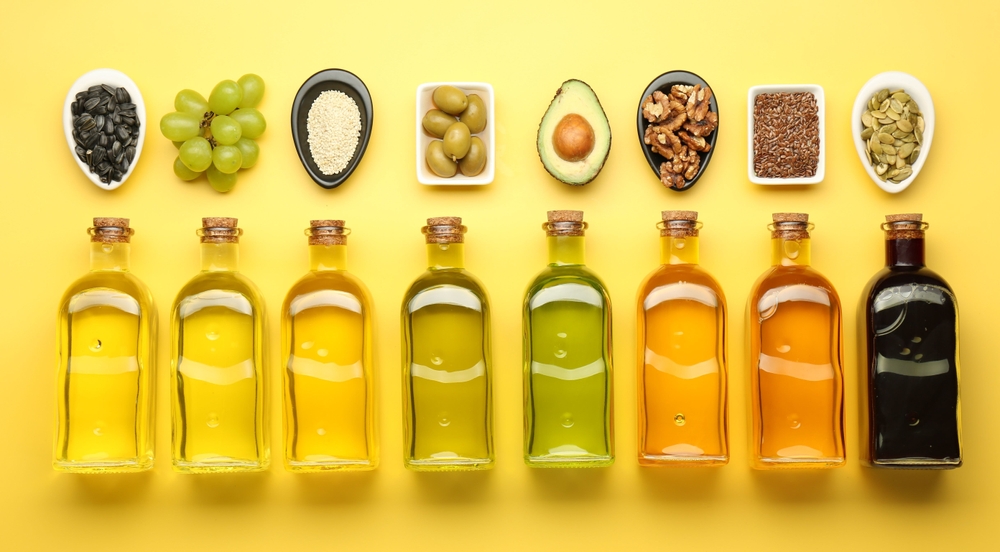Now Reading: Seed Oils vs. Animal Fats: Which Is Healthier for Cooking?
-
01
Seed Oils vs. Animal Fats: Which Is Healthier for Cooking?
Seed Oils vs. Animal Fats: Which Is Healthier for Cooking?

Fast Summary
- Seed Oils vs. Animal Fats: Debate over health impacts of seed oils (e.g.,canola,soybean) and animal fats (e.g.,butter,lard). Critics question the processing methods of seed oils using chemical solvents like hexane.
- Processing Concerns: Hexane used in oil extraction is largely evaporated post-processing. Alternatives like green or bio-based solvents are being explored for safety and environmental benefits.
- Omega-6 Fatty Acids: Seed oils contain omega-6 fatty acids which boost heart health but are blamed for inflammation when consumed disproportionately to omega-3 fats in typical diets.
- Research Findings on Fats: Studies show plant-based oils like canola and olive oil lower mortality rates compared to saturated animal fats such as butter, which poses higher risks for heart disease and obesity.
- Olive Oil Recommendation: Olive oil, extracted without chemical solvents, offers cardiovascular benefits and essential vitamins.
Indian Opinion Analysis
The debate surrounding seed oils versus animal fats holds broader relevance for India’s evolving dietary trends. With rising urbanization and Western influence reshaping food habits across India, processed foods incorporating refined vegetable oils are increasingly common. Health studies affirm that plant-based oils generally promote better cardiovascular outcomes compared to saturated alternatives like ghee or butter traditionally used in Indian cooking. However, moderation alongside balanced consumption of omega-rich foods-such as fish high in omega-3s-remains vital.Moreover, India’s agricultural sector could benefit from expanding environmentally friendly extraction processes for edible oil production using “green” technologies such as cold pressing or bio-solvents.Promoting olive oil usage could further align with public health initiatives aimed at combating the growing burden of noncommunicable diseases while encouraging sustainability since olives aren’t widely cultivated locally yet have viable import routes.


























